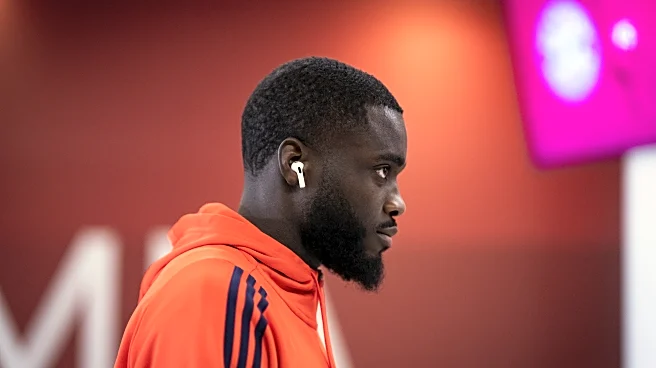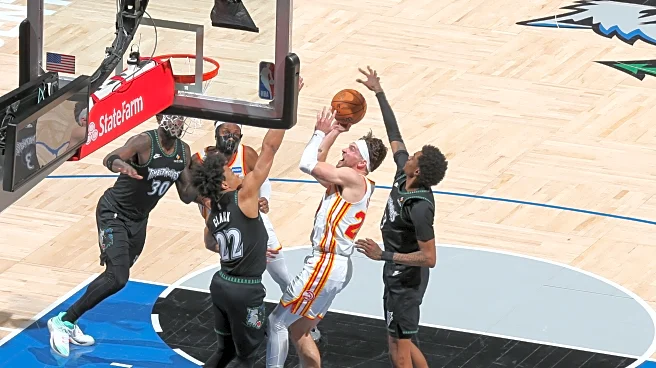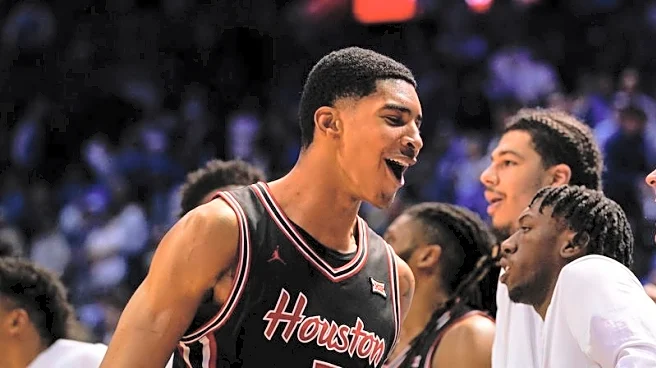Rapid Read • 8 min read
Artem Lobov has filed a lawsuit against Conor McGregor, claiming he was promised a share of the profits from McGregor's whiskey brand, Proper No. Twelve. Lobov alleges that he co-founded the product and contributed significantly to its development, including market research and strategic decisions. He asserts that McGregor agreed to give him 5% of the profits, which would amount to $6.5 million following the brand's sale to Proxima Spirits for $600 million. Lobov's lawsuit is set to be heard in Ireland's High Court, with a trial scheduled for December. McGregor denies the claims, and the dispute has strained their previously close friendship.
AD
The lawsuit highlights the complexities of informal business agreements and the potential for disputes when verbal promises are not legally documented. It underscores the importance of clear contractual agreements in business partnerships, especially in high-stakes industries like spirits and celebrity endorsements. The outcome of this case could influence how similar disputes are handled in the future, potentially affecting business practices among athletes and celebrities. Additionally, the public nature of the dispute may impact McGregor's brand and reputation, as well as Lobov's career in combat sports.
The legal proceedings in Ireland's High Court will determine whether Lobov's claims hold merit and if he is entitled to the $6.5 million he seeks. The trial's outcome could set a precedent for similar cases involving verbal agreements in business partnerships. Meanwhile, Lobov is preparing for a return to professional MMA, with a fight scheduled against Zubaira Tukhugov in Dubai. The resolution of the lawsuit and Lobov's return to fighting may influence his future career trajectory and relationship with McGregor.
The dispute between Lobov and McGregor also touches on themes of loyalty and betrayal in personal and professional relationships. Lobov's desire for acknowledgment and recognition reflects broader issues of credit and compensation in collaborative ventures. The case may prompt discussions about the ethical dimensions of business dealings among friends and the impact of managerial influence on personal relationships.
AD
More Stories You Might Enjoy













